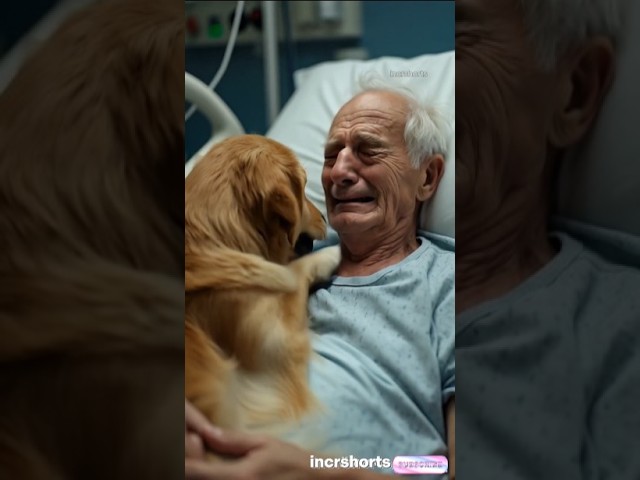I thought I was losing my daughter to rebellion — the kind every parent dreads but hopes to survive. When I finally followed her into the night, I discovered something that shattered my assumptions and moved me to tears.
I used to believe I had everything a man could ask for. It was just the three of us: me, my wife Claire, and our daughter, Lily. Then one evening, Claire didn’t come home from work, and I was forced into single parenthood. This led me to the day I had to follow my daughter secretly because she was sneaking out of the house in the middle of the night.
When Claire was still alive, we weren’t rich — not even close — but our lives felt full. There were Saturday morning pancakes, Sunday park strolls, and spontaneous dance parties in the kitchen. The kind of peace that makes you believe nothing could ever go wrong… until my wife’s sudden death.
At first, I told myself she probably stopped for gas or groceries that evening. I waited an hour, then two. Then I called her phone over and over until my hands ached from gripping it so tightly. Finally, it rang.
I answered, expecting to hear her voice — but it wasn’t her. It was a police officer. They found her car crumpled on the side of the freeway. A truck driver had lost control. The impact and death were instant.
She didn’t feel anything.
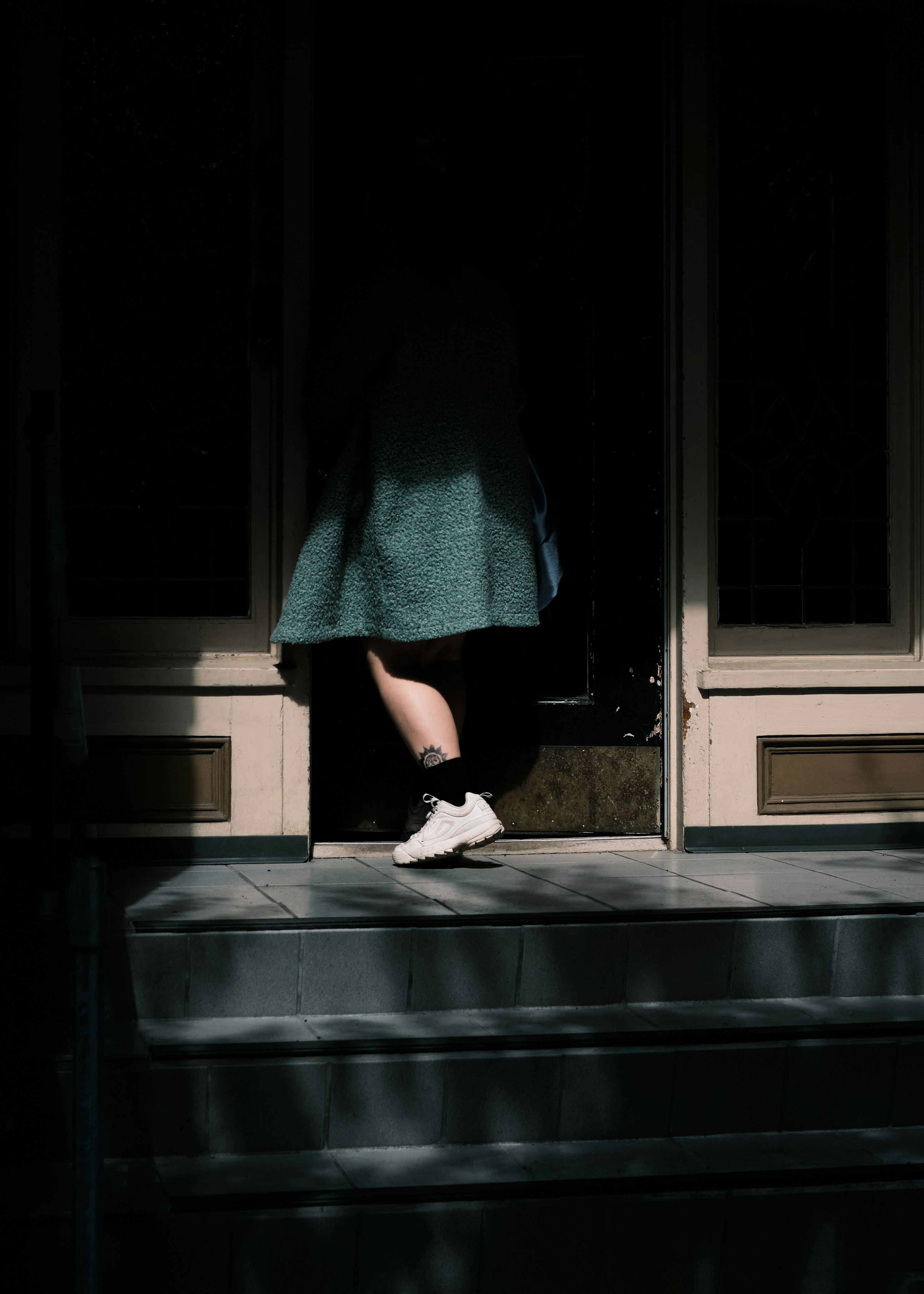
I don’t remember much after that — the numbness, the funeral, me holding our five-year-old Lily while she kept asking, “Why won’t Mommy wake up?” I had no answer. I barely had the strength to talk, but I had to. For Lily.
After the funeral came endless nights of trying to explain to Lily what it meant that “Mommy is in heaven,” comforting her while drowning in my own grief, and learning to get out of bed each morning with a hollow space inside me.
I had to learn everything alone: pigtails and pancakes, parent-teacher nights and bedtime stories. Grief became my shadow, but Lily was my light. And for a while, I thought I was doing okay.
Then Lily became a teenager.
It didn’t happen all at once. After raising her by myself for ten years, every teenage cliché came true. First came music I didn’t recognize. Then pink hair, a nose ring, random piercings, and black lipstick. Her bedroom door was always shut with a giant “KEEP OUT” sign.
Then she met Jason. Older, tattooed, and riding a motorcycle — the triple threat of parental nightmares.
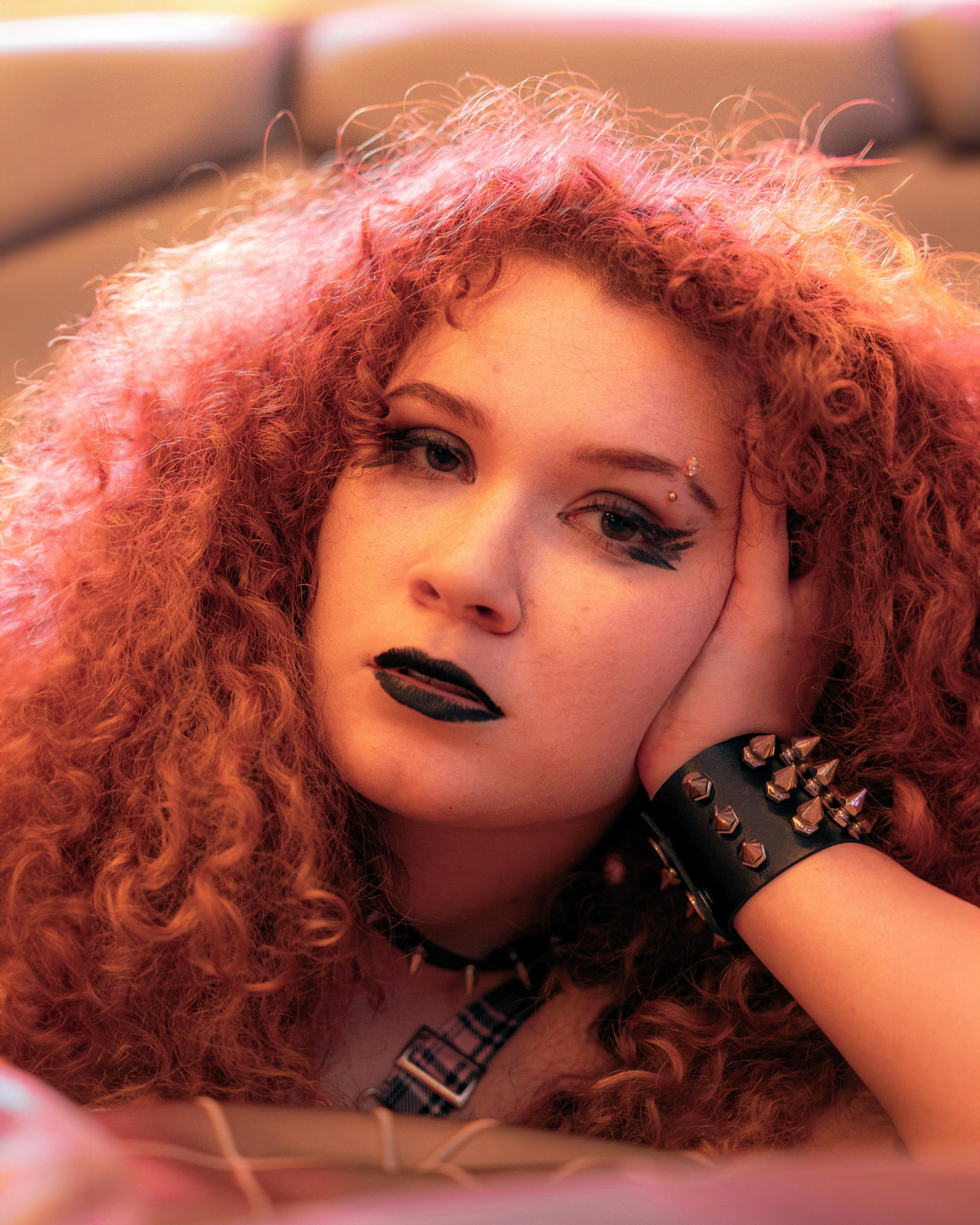
Still, I told myself she was exploring, finding herself. I gave her space. I reminded her that honesty mattered more than punishment. I always told her she could come to me with anything.
But I felt her slipping away, little by little, and it terrified me.
Then I started noticing things. I’d return from night shifts to find the front door unlocked. Fresh motorcycle tire tracks in the driveway. A muddy shoe print on the porch.
That’s when I checked the doorbell camera footage.
What I saw made my blood run cold.
There she was — my 15-year-old daughter — sneaking out in the dead of night and climbing onto the back of Jason’s motorcycle. No hesitation. Just gone.
Every night. The same thing.
My mind filled with worst-case scenarios. Illegal substances. Gangs. Dangerous parties. What if she was being coerced? What if she was in danger?
I tried talking to her, but her closed-off expression said she wouldn’t tell the truth. I didn’t want to accuse her of something wrong and lose the little trust left.
So I made a choice.
The next evening, I told Lily I had another night shift. Then I went across the street to my best friend Ben’s house. He helped me hide in his garage and wait.
At exactly 2 a.m., Jason arrived. Lily stepped outside with a backpack and climbed on the bike. They drove away.
My heart pounded as I followed them through the dark — out of the suburbs, past the city lights, into a rundown part of town. Flickering streetlights. Boarded-up buildings. Cracked sidewalks. Graffiti everywhere.
Finally, they stopped near an old bridge. They climbed down the embankment and disappeared beneath the overpass.
I parked a block away and ran on foot. The cold night air felt heavy. I didn’t know what I was about to walk into.
But nothing prepared me for what I saw.

Lily unzipped her backpack and pulled out two Tupperware containers, a thermos, and paper towels. Jason laid out a folded blanket from a duffel bag.
In front of them sat a young homeless woman, maybe 25, with tattered clothes, messy curls, and sunken but gentle eyes.
Lily handed her the thermos.
“I brought you the soup I told you about. The creamy one with mushrooms you liked.”
The woman smiled. “You’re an angel, Lily. Bless you.”
Jason added, “I brought the socks and the pillow. You said your neck was hurting.”
I froze. My knees went weak. Tears streamed down my face before I knew I was crying.
Then I sniffled — too loudly.
Lily spun around, eyes wide.
“Dad?! What are you doing here?”
I stepped out from the shadows.
“I followed you. I was scared. I thought you were in danger.”
She looked down. “I didn’t know how to tell you. You would’ve stopped me.”
“Tell me now,” I said softly.
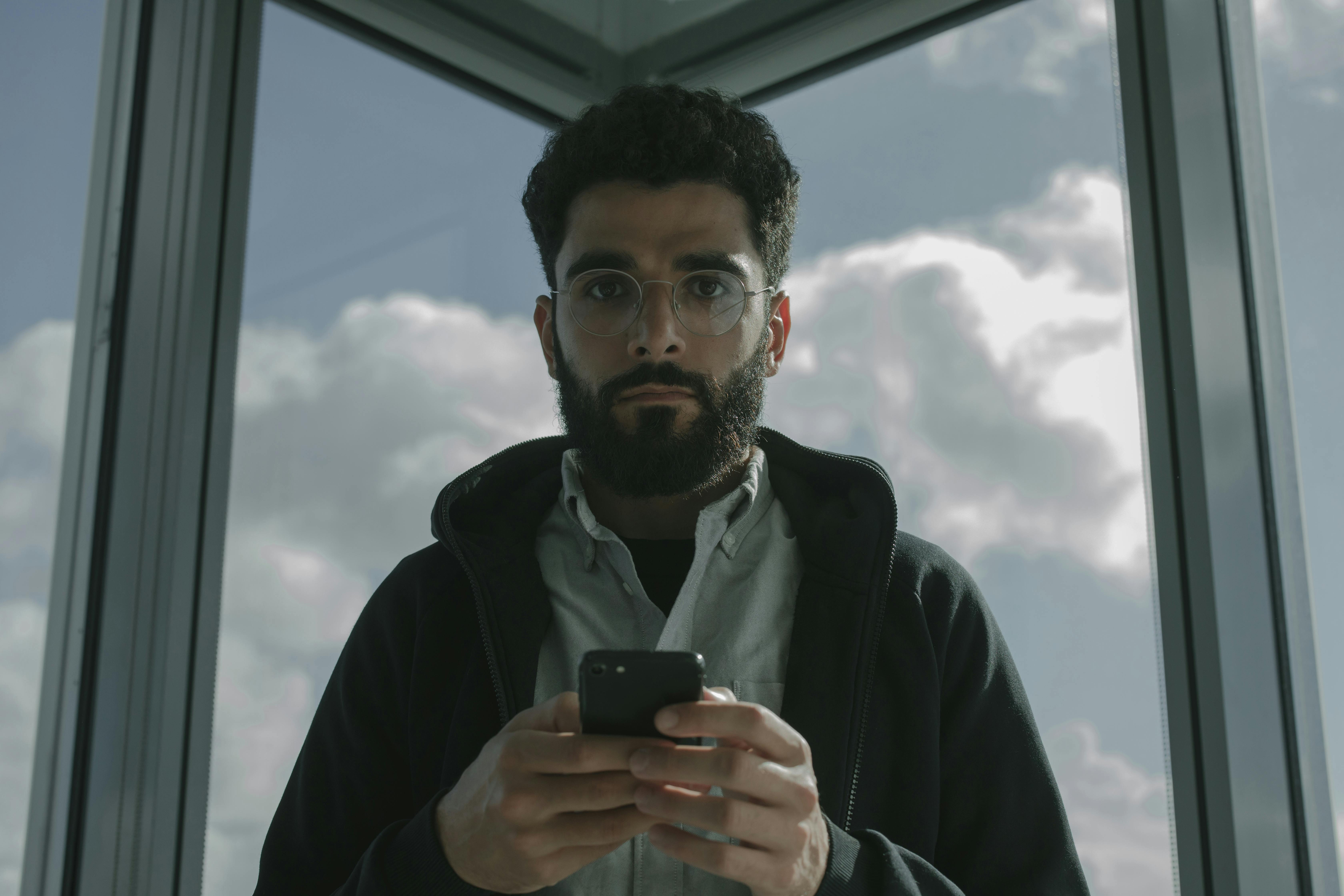
She nodded toward the woman.
“Her name is Maria. She lost her job and got evicted. She has no family. She reminded me of Mom… I couldn’t just walk away.”
I pulled Lily into my arms. She clung to me like she did when she was little.
“I’m not mad,” I whispered. “I’m proud of you. So proud. But you should’ve told me. We could’ve helped together.”
Jason apologized too, saying they hadn’t known what else to do.
I turned to Maria.
“Pack your things. You’re coming with us. I’ll make a warm place in the garage. Tomorrow we start finding you a job.”
Maria hesitated, then nodded with tears in her eyes.
Back home, we set up a cot, blankets, a space heater. She kept thanking me, but I told her she didn’t owe me anything.
Over the next days, we found a rhythm. Lily unlocked her bedroom door more. She cooked extra portions of dinner. Maria slowly came back to life — clean clothes, brushed hair, a little smile.
She told us she’d been a graphic designer until her company shut down. With no safety net, she fell through the cracks.
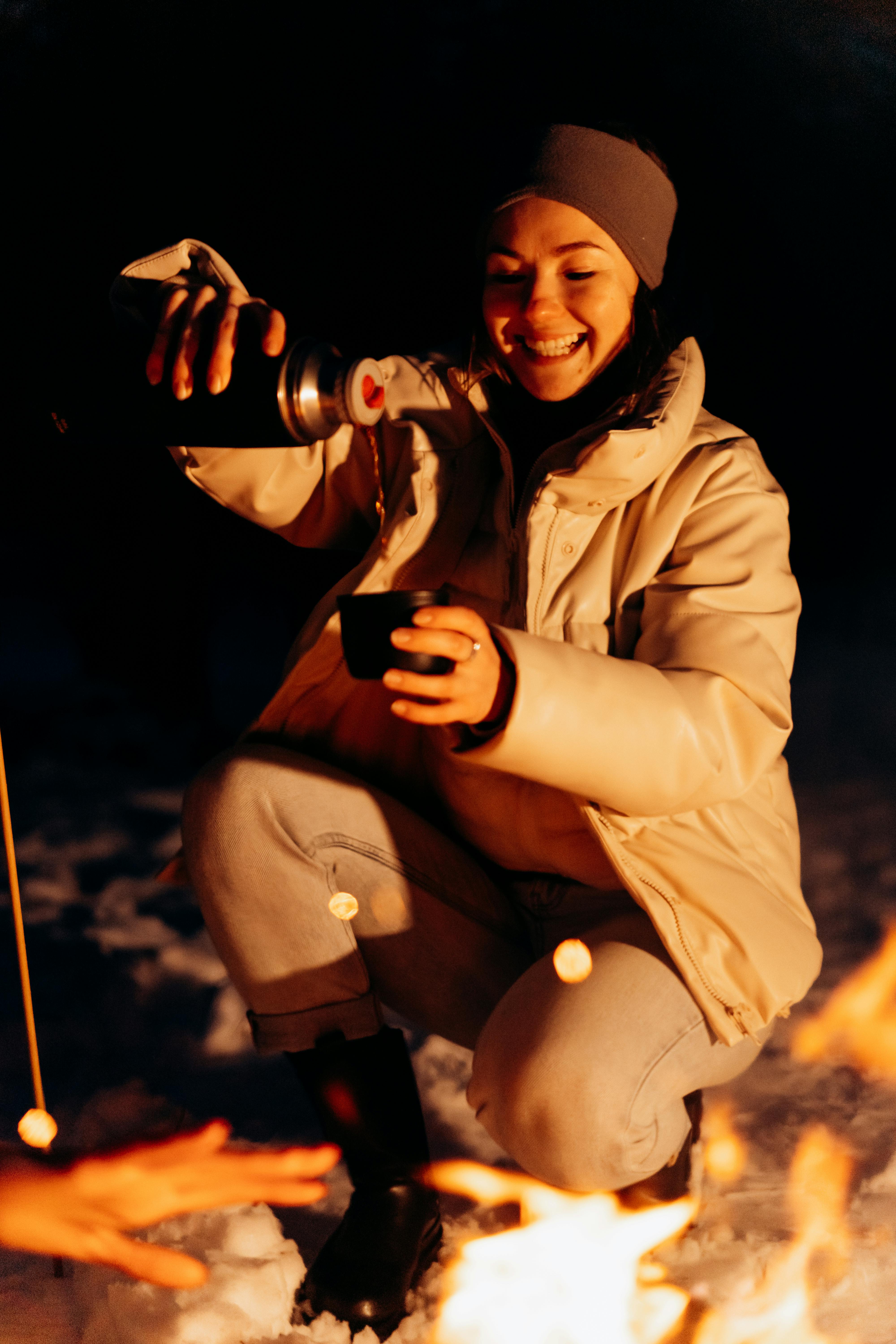
“You have people now,” I told her.
Lily even showed me the digital art she’d made inspired by Maria’s story.
“I think I want to design things for nonprofits,” she said. “Things that help people.”
“You’d be great at that,” I told her.
One night, as I was turning off the kitchen lights, Lily hugged me tight.
“Thanks for trusting me,” she whispered.
“Thanks for showing me who you really are,” I replied.
And for the first time in a long time, we both felt okay again.


